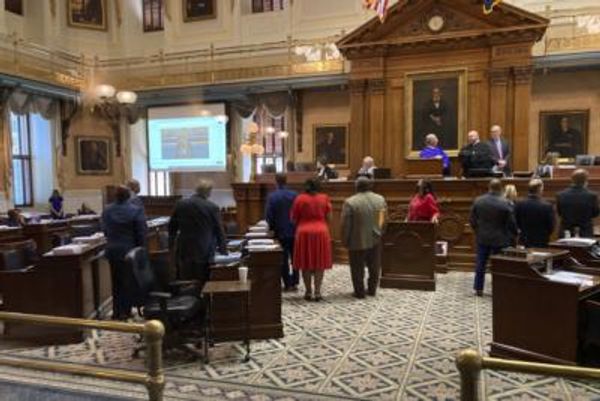
Gratitude makes us feel good, whether we receive it from a colleague we work with, or a business we patronize. But when it comes to cultivating loyalty with employees and customers, perhaps the greatest power of gratitude lies in its ability to forge memories.
That’s because strengthening employee and customer engagement isn’t just about shaping people’s experiences, it’s about shaping their memories.
Consider this: If a friend asks you what it’s like to work at Company X (or for Manager Y), the response that comes out of your mouth won’t be based on the experience you’ve had at that employer (or with that boss) – it will be based on what you remember about the experience. And, given the way our brains are wired, those two things can actually be quite different.
Indeed, how people recall their experiences is arguably more important than the experiences themselves, because it’s our memories of encounters that drive repurchase, referral, and retention behaviors.
As it turns out, there are a handful of specific attributes that make some experiences more memorable than others – and the expression of gratitude just happens to capitalize on several of them:
- Gratitude is surprising: Sadly, businesses and bosses rarely take the time to thoughtfully and genuinely express their appreciation to others. So, when someone does that in either the workplace or the marketplace, it’s surprising to the receiving party. And interactions that are marked by surprise are actually more memorable – at a biochemical level. When we encounter something novel and unexpected, neurotransmitters in our brain activate in a unique way, forming long-term memories of the experience.
- Gratitude is emotional: A second attribute of gratitude is, well, not so surprising – and that’s the emotional response it elicits. When others express gratitude to us, it makes us feel good, appreciated, and special. As it happens, emotion is actually a memory cue. When people have an experience that is laced with emotion (good or bad), they tend to remember it better. This is why, for example, people recall where they were and what they were doing upon hearing about tragic events like 9/11. It’s also why people have vivid memories of their happiest life events, like the day they got married, or won the big sports championship.
- Gratitude is personal. When properly practiced, gratitude is a very individualized expression of thanks. (It’s far more impactful if someone explains why they’re thankful for your contribution, rather than just offering general, non-specific appreciation for a job well done.) And – you guessed it – a personalized experience is more memorable than a generic one, as it creates a degree of salience that helps sear the encounter in our minds.
For all these reasons, when you convey gratitude to someone, it has enormous potential to shape the memories of their interactions with you in a very favorable way. It creates the kind of positive, indelible impression that elevates a person’s view of their boss, their colleagues, or a business they patronize. And it’s precisely those gratitude-fueled impressions that will help turn everyday people into lifelong fans for you and your organization.
Jon Picoult is the author of FROM IMPRESSED TO OBSESSED: 12 Principles for Turning Customers and Employees into Lifelong Fans. Sign up for his monthly Customer Experience & Leadership eNewsletter here.







